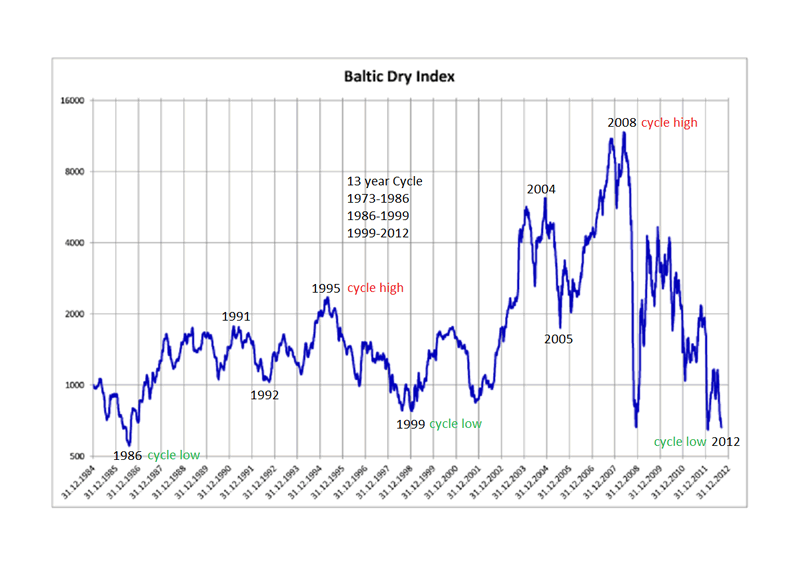THE TRADERS NETWORK
BROADCAST LIVE - WEEKDAYS AT 1PM
CLEAR CHANNEL - KFXR/1190-AM - DALLAS
From the fast action of the trading pit...to the power brokers making the headlines...Michael Yorba interviews the front-page Titans about the latest in trading tools and market trends. Learn how the experts use risk management techniques to build fully diversified portfolios. It's a fast moving, high energy show that presents stocks, commodities, bonds, forex and derivatives in a new light and keeps investors asking for more...
The Traders Network stays ahead of the curve by featuring leading market and business professionals, sophisticated technology, and the analytics needed to identify the most lucrative investment strategies.
Successful performance depends on finding the right opportunities.
So...Shift your thinking and join us as we deliver “tomorrow’s trade today” on The Traders Network weekdays from 1-3pm on KFXR/1190-AM.
Tune in tomorrow at 3pm EST
http://www.yorbamedia.com/radio Instructions
Click here to listen live now
EES page on Yorba TV
http://yorbatv.ning.com/profile/eliteeservices
